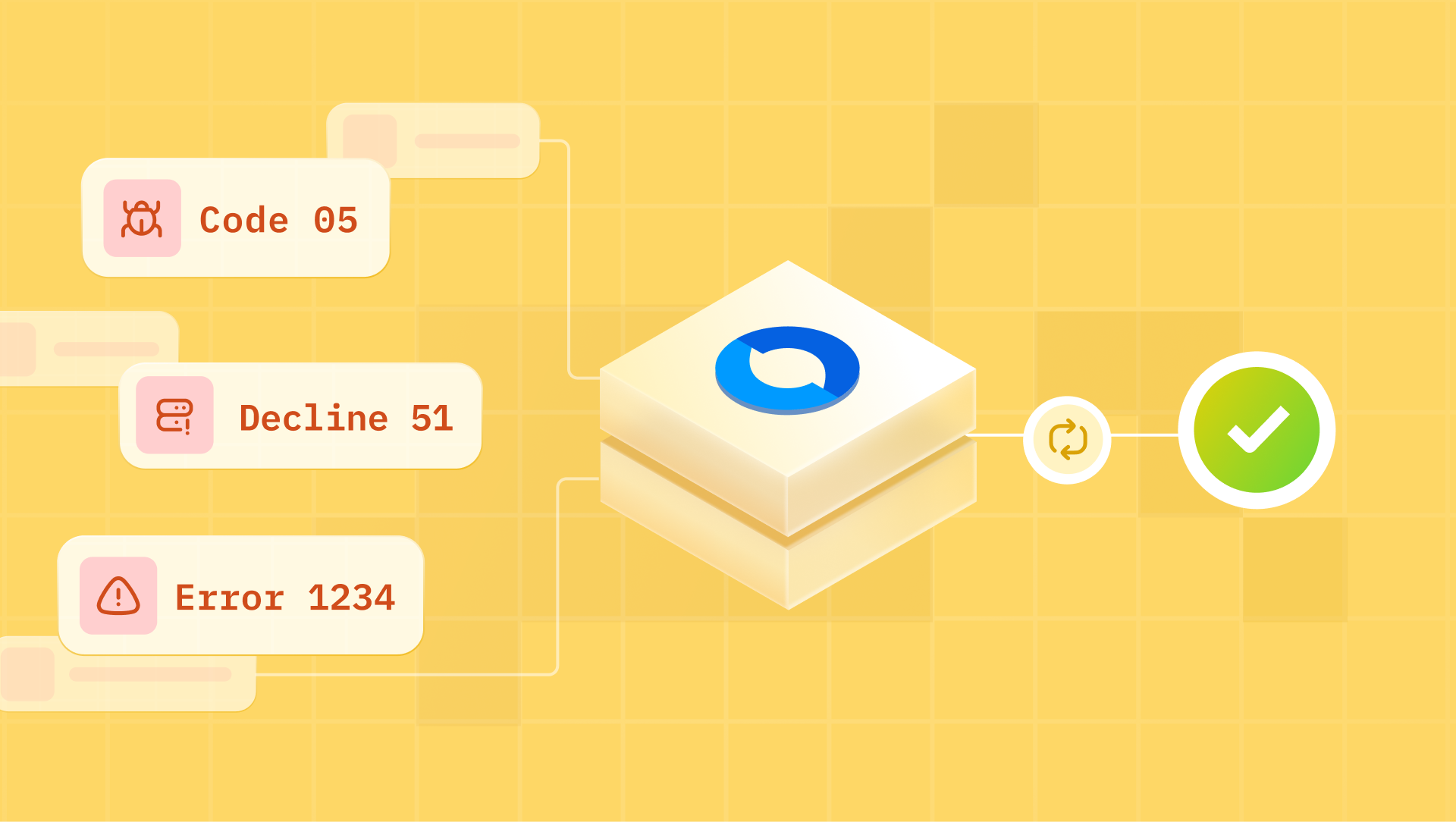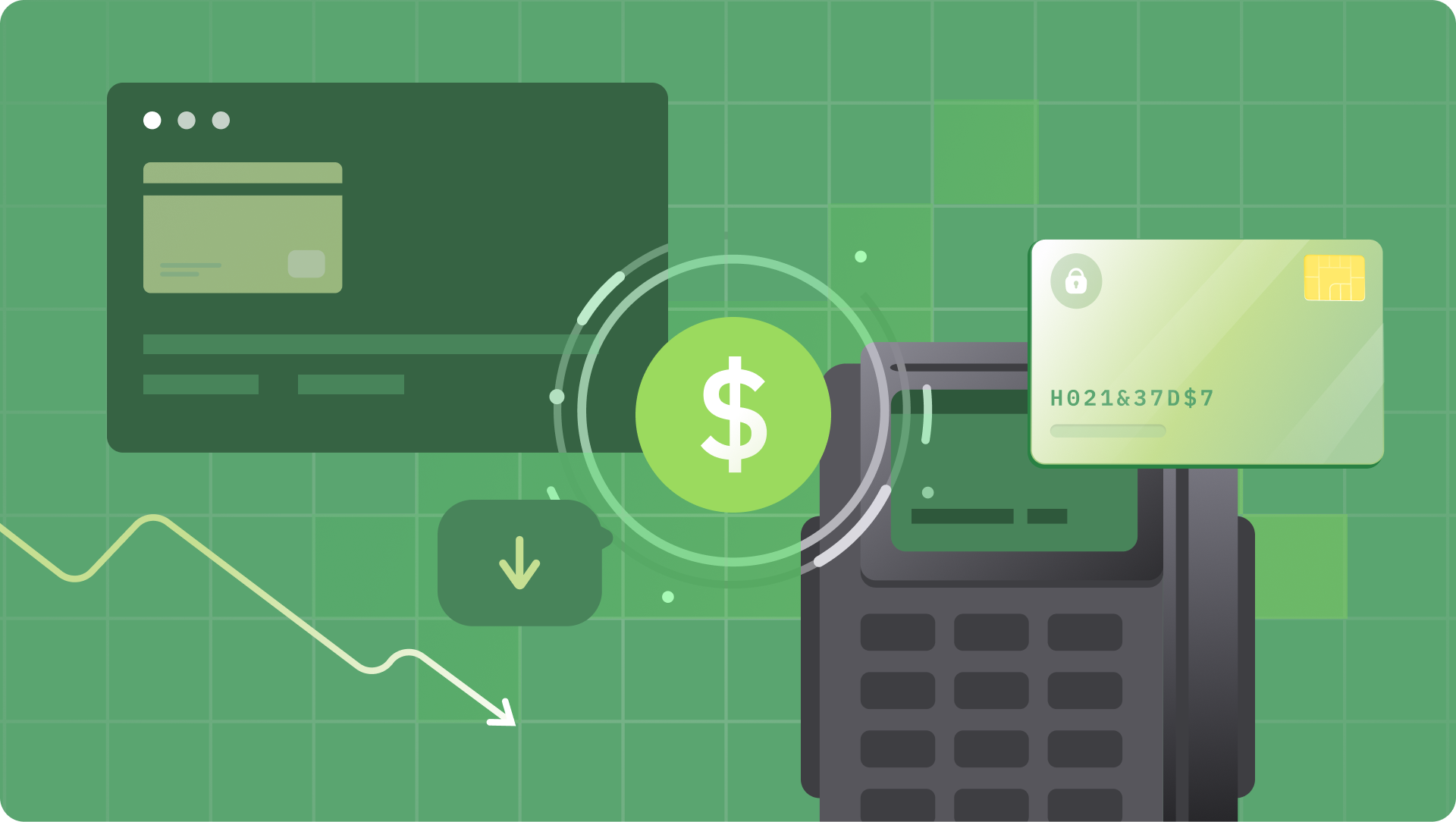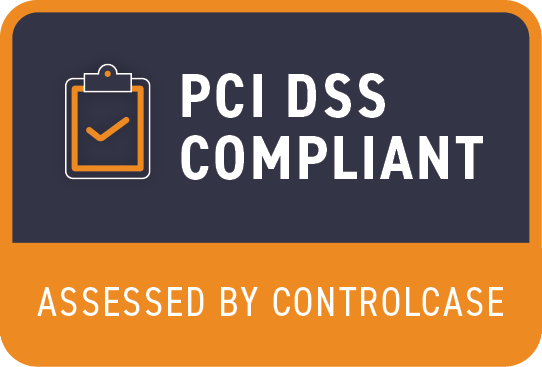Seamless and secure payment processing is the lifeblood of any successful business. But who is able to enable those credit card swipes or digital wallet taps for you? Merchant acquirers are your answer.
What do you mean by Merchant Acquirers?
Merchant acquirers, also known as acquiring banks, are like financial institutions that bridge the gap between your business and the nuances of credit and debit card payments. They are in charge of authorizing and settling these transactions, ensuring you receive the funds owed for your goods or services.
Here's how it works. When a customer buys something with their card, the purchase details are sent to the merchant acquirer. They check with the customer's bank to make sure they have enough money for the charge, avoiding any fraudulent activity. If everything is okay, the money is moved from the customer's bank to the merchant acquirer's account after deducting any fees. Finally, the acquirer puts the remaining amount into your business bank account.
Know the Difference Between Acquiring and Issuing Banks
While both play crucial roles in the payment ecosystem, acquiring and issuing banks serve distinct functions. As mentioned earlier, merchant acquirers work with businesses to accept payments.
Issuing banks provide credit and debit cards to consumers and manage their accounts. So, the next time you swipe your card, remember the issuing bank approves the transaction based on your available credit or debit balance, while the merchant acquirer facilitates the transfer of funds to the business.
Merchant Acquirer Vs Payment Processor
While their roles often get intertwined, merchant acquirers and payment processors are not the same. Payment processors handle the technical aspects of authorizing and settling transactions. They connect merchants with acquiring banks and card networks like Visa or Mastercard. Consider them as the go-betweens who make sure that everyone involved can communicate effectively. In simpler terms, merchant acquirers handle the financial aspects, ensuring secure fund transfers, while payment processors manage the technical authorization process.
Merchant acquirers, also known as acquiring banks, act as the financial backbone, offering robust security, dedicated account management, and potentially competitive rates due to single-source negotiation. However, their onboarding process can be stricter, and their range of payment methods or integrations might be limited.
Payment processors excel in speed and flexibility. They boast faster onboarding and a wider variety of payment options, including digital wallets and international acceptance. They often provide advanced features like real-time tracking and integrations with popular business systems. The downside? Their fees might be slightly higher, especially for high-volume businesses, and they may have less stringent financial oversight compared to acquiring banks.
Does your business need a Merchant Acquirer?
If you plan on accepting credit or debit card payments, a merchant acquirer is essential. They provide the vital infrastructure and security needed to process these transactions.
Merchant acquirers must adhere to strict security protocols to safeguard the customer's financial data and act as a safety net from fraudulent activities. They handle encryption, authorization, and settlement processes, ensuring peace of mind for both you and your customers.
Merchant acquiring solutions go beyond traditional credit card swipes. They offer a range of options such as virtual terminals for online payments, mobile point-of-sale systems for on-the-go transactions, and integrations with popular shopping carts for seamless e-commerce experiences. This caters to your evolving customer preferences and ensures you can accept payments conveniently, regardless of your business setup.
Merchant acquirers often provide user-friendly online portals for managing your account, tracking transactions, and accessing detailed reports. This simplifies your financial operations and gives you valuable insights into your sales performance.
Best Ways to Choose an Acquirer
With many merchant acquirers keen to partner with your business, choosing the right one is crucial. Consider factors like pricing structure (monthly fees, transaction fees, etc.), processing speed (how quickly funds are deposited in your account), customer support quality, and the types of payment methods they support.
- Pricing is a key decision point when choosing a merchant acquirer. Compare fees like monthly charges, per-transaction costs, and chargeback penalties. Consider your transaction volume to find a plan that offers the best value for your business without sacrificing features or service quality.
- Look for an acquirer with fast processing speeds. This means quicker access to your funds after a sale. Faster settlements improve your financial flexibility and can optimize your business operations.
- Your business needs top-notch customer support. This calls for an acquirer with a responsive and knowledgeable team. The team should be readily available to answer questions, troubleshoot issues, and ensure a smooth payment processing experience for you and your customers.
- The payment methods your acquirer supports should cover the options your customers prefer, including credit cards, debit cards, digital wallets, and potentially recurring billing options. Broad payment acceptance caters to a wider audience with a more convenient buying experience.
Additionally, explore integrated, end-to-end solutions that combine acquiring and processing services under one roof. It will simplify your operations and potentially offer better value.
Here’s How You Can Choose an Integrated, End-to-end Solution
Opting for an integrated merchant acquiring solution can greatly simplify your payment processing experience. These merchant acquiring solutions consolidate acquiring and processing services into a single platform, eliminating the hassle of managing multiple vendors. They help save time and streamline operations. Integrated solutions offer several advantages, as specified below.
By integrating acquiring and processing functions, transactions are processed faster, leading to quicker access to funds. Negotiating a single package with one provider often results in more competitive rates compared to managing separate acquiring and processing services. Consolidated reporting across all payment activities provides a clear overview of transaction flows and simplifies reconciliation processes. With a single provider handling the entire payment process, security risks are minimized, offering greater peace of mind.
When selecting the right integrated solution, consider the following factors.
- Ensure the platform supports the payment methods your business needs, includes robust fraud prevention tools, and offers comprehensive reporting capabilities.
- Choose a solution capable of accommodating your business's growth, including increased transaction volumes and future requirements.
- Look for seamless integration with your existing systems (like accounting or point-of-sale), which can further streamline operations and save time.
By carefully evaluating these factors, you can choose an integrated, end-to-end solution. It will optimize your payment processing and effectively support your business's growth.








